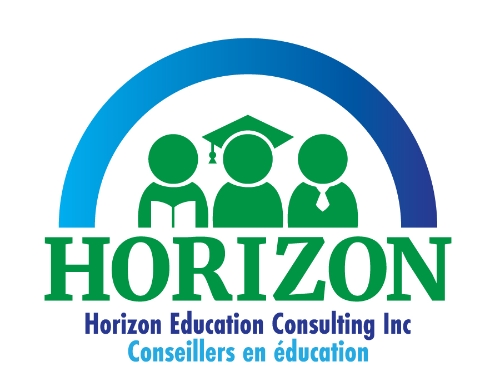Heading into a third year of pandemic restrictions in schools for our children and youth, parents have had a unique opportunity to understand public education better and have taken on a monitoring role through social media networks and self-education.
Here are twelve resolutions that school boards need to adopt in the coming year to build trust with parents:
- Embrace a public service approach – respond to emails and phone calls promptly by at least acknowledging receipt, if a response is not immediately possible. Too many parents feel ghosted by school board personnel either at the school level or by school board administration.
- Welcome constructive feedback as well as criticism and drop the defensive posture of denying, dismissing, diminishing or disregarding a parental concern. Have a feedback mechanism and complaint procedure on the school board’s home page which is straightforward and addressed by communications personnel.
- Apologize for errors: it contributes to building trust and credibility. All parents ask for is that staff be human and to err is human.
- Stop being adversarial with parents who advocate for their children’s rights, particularly those with special needs, in an effort to protect institutional behaviour and wrongful practices, such as denying the right to formally identify a student with special needs and develop an Individual Education Plan.
- Train all staff in human rights and the duty to accommodate those with invisible disabilities. Ignorance and outdated practices are the largest contributors to human rights violations and discrimination in school boards at the present time.
- Invest in Information Technology to enhance confidentiality and privacy of information by protecting against cyberattacks and training staff on how to encrypt documents to send by email. End the practice of sending important documents home in the child’s backpack to mitigate risk of loss and breaches. Review practices regarding the student’s legal file and its proper maintenance, transfer and storage.
- Follow Ministry of Education guidelines and policy and respect legislation that applies to process, procedures and timelines. Implement document tracking software to audit and trace documents in the school board’s internal system.
- Update policies, documents and procedures to align with the provincial Human Rights Codes and the Accessibility legislation including references to gender on all documentation.
- End large scale media advertising campaigns used to attract students to a school board. These media ads are poorly perceived as a misuse of taxpayers’ money that is being directed away from servicing and supporting students directly.
- Embrace a Child’s Right approach in educational service provision by eliminating waitlists for school board professional assessment services and provide consistent information to parents about programs, services and processes to access these services.
- Take responsibility to end bullying and intimidation at schools by respecting parents or students who voice concerns and feel intimidated themselves by school principals; do not turn a blind eye to situations that make children feel afraid to go to school and parents feel helpless about their child’s safety at school. School trauma is real, making some parents turn to monitoring devices to ensure their child’s safety.
- In sum, use next year’s professional development days to educate, train, certify, track and assess school board operational efficacy in the students’ best interest and share best practice success within the education sector.
